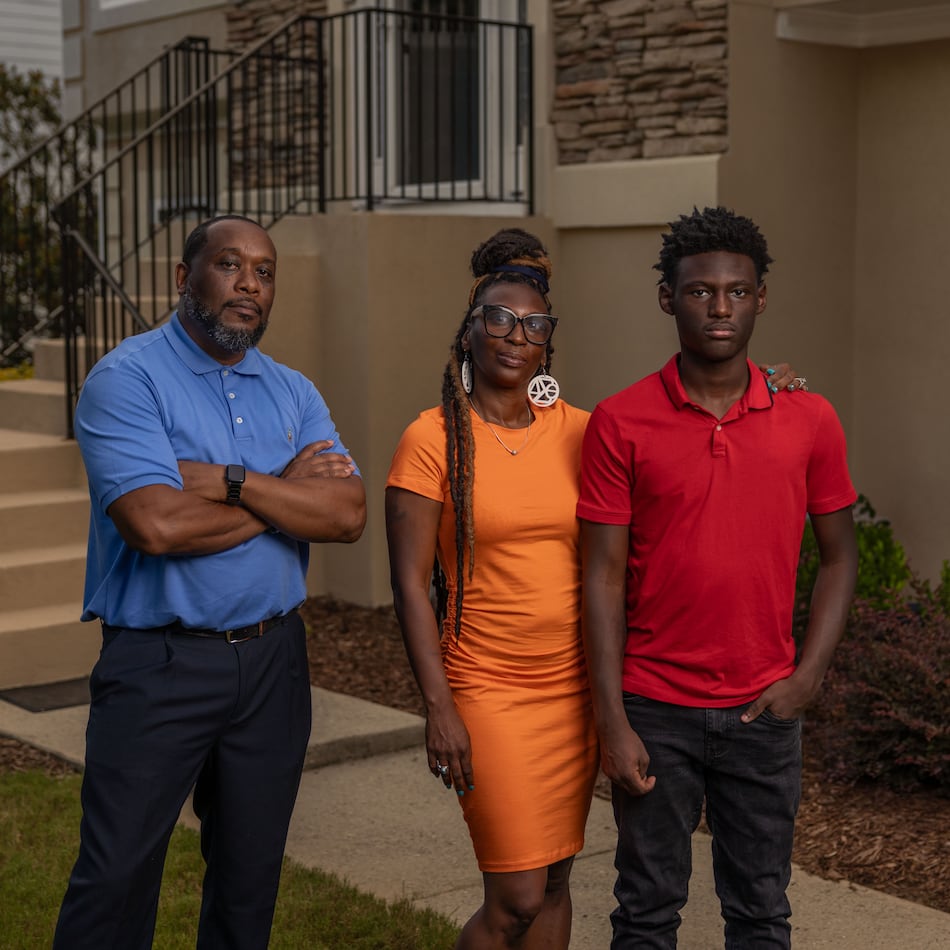For Shelley Pompey, 75, walking outdoors in Georgia can be challenging.
“Here in Georgia, it is so hot to walk outside, and you don’t know when it’s going to rain … or if you have enough sunscreen on,” the Decatur resident told The Atlanta Journal-Constitution.
That’s why she was particularly interested when she got an email notification about Emory Healthcare’s new Wellness Walkers program at Northlake Mall. Pompey, a former registered nurse, decided to give the April event a try, and she found she really liked the setting.
“It’s in a place that is bright and airy and cool,” she said. “You don’t have to worry about the elements.”
She also enjoyed the presence of other walkers.
“There are people that you pass by, whether they’re mothers with strollers, older people walking, younger people on their lunch break. Everybody passes by and says, ‘Hi,’ so it’s a good social activity, too.”
A developing program
The social aspect Wellness Walkers introduces is no accident. The program is designed to address concerns surrounding public health.
“Social isolation is one of those public health concerns,” explained Byron Hunter, vice president of health impact for Emory Healthcare and an adjunct assistant professor at the Emory University Rollins School of Public Health. “This is a way for people to actually get out of their homes and socialize with others.”
And it’s an opportunity for organizers to collect biometric information from participants: weight, blood sugar, body mass index. The ultimate aim, Hunter said, is to influence health outcomes as the program grows.
“A person that’s pre-diabetic or diabetic — we want to see that A1C come down because now, we’re teaching people about their health and giving them some tools to help.”
Wellness Walkers, which launched in March in partnership with Northlake Mall and the city of Tucker Parks and Recreation Department, also includes an education component at its monthly events.
“We bring in a speaker — typically one of our primary care, family medicine residents or family medicine providers,” Hunter said. “And we’re talking about lifestyle changes. We’re talking about the importance of physical activity. We’re talking about things like smoking cessation. We’re talking about diabetes. We’re talking about hypertension.”
The program will adjust somewhat based on feedback, too.
“We’re bringing topics, but we’re also asking community members what they want to hear so that we can help develop out those topics,” Hunter said.
Pompey said she’s already experiencing benefits from these first events. As a breast cancer survivor, she experiences peripheral neuropathy, which means she can’t always feel her feet on the ground. The issue interferes with her balance.
Although she learned some walking techniques during physical therapy after cancer treatments, she picked up some new knowledge about lifting her feet correctly at the Wellness Walkers event. And she found the mall setting facilitated easier walking than navigating sidewalks with surface imperfections like cracks.
Pompey is planning to participate in future events and bring others along — her daughter and neighbors.
The mall setting
The mall, Hunter said, is a natural setting for a walking program, which has already attracted a significant number of older adults.
“Malls are places that have strong ties and connections to the community,” he said. “We still have lots of people who are walking in Northlake Mall every day.”
The Emory team, he said, mapped the facility and found that four laps around the mall, where Emory Healthcare maintains a corporate and administrative office, represent a mile.
The program, Hunter noted, is in early developmental stages, and he hopes to see it grow through integration with other Emory Healthcare units and the Woodruff Health Sciences Center to include medical and public health students and faculty and staff. He said he’d like to see additional educational events added for a series that goes more in depth on health topics that perhaps take place at other locations across the city. The Emory team, he said, is examining data surrounding patient outcomes, community health needs assessments and public health to zero in on opportunities for additional programs based on community need.
“Health care deserts” and places where populations are at a particular risk for issues like stroke are likely spots for future programming, he said.
“We start small, we get our model down. We figure out what the community and patient needs are, and then we deploy the resources and the education to support and address those needs,” he said. “And as we scale up, we go to additional places across the city.”
Interested in attending future events? See the Wellness Walkers online calendar at emoryhealthcare.org/walk.
About the Author
Keep Reading
The Latest
Featured



